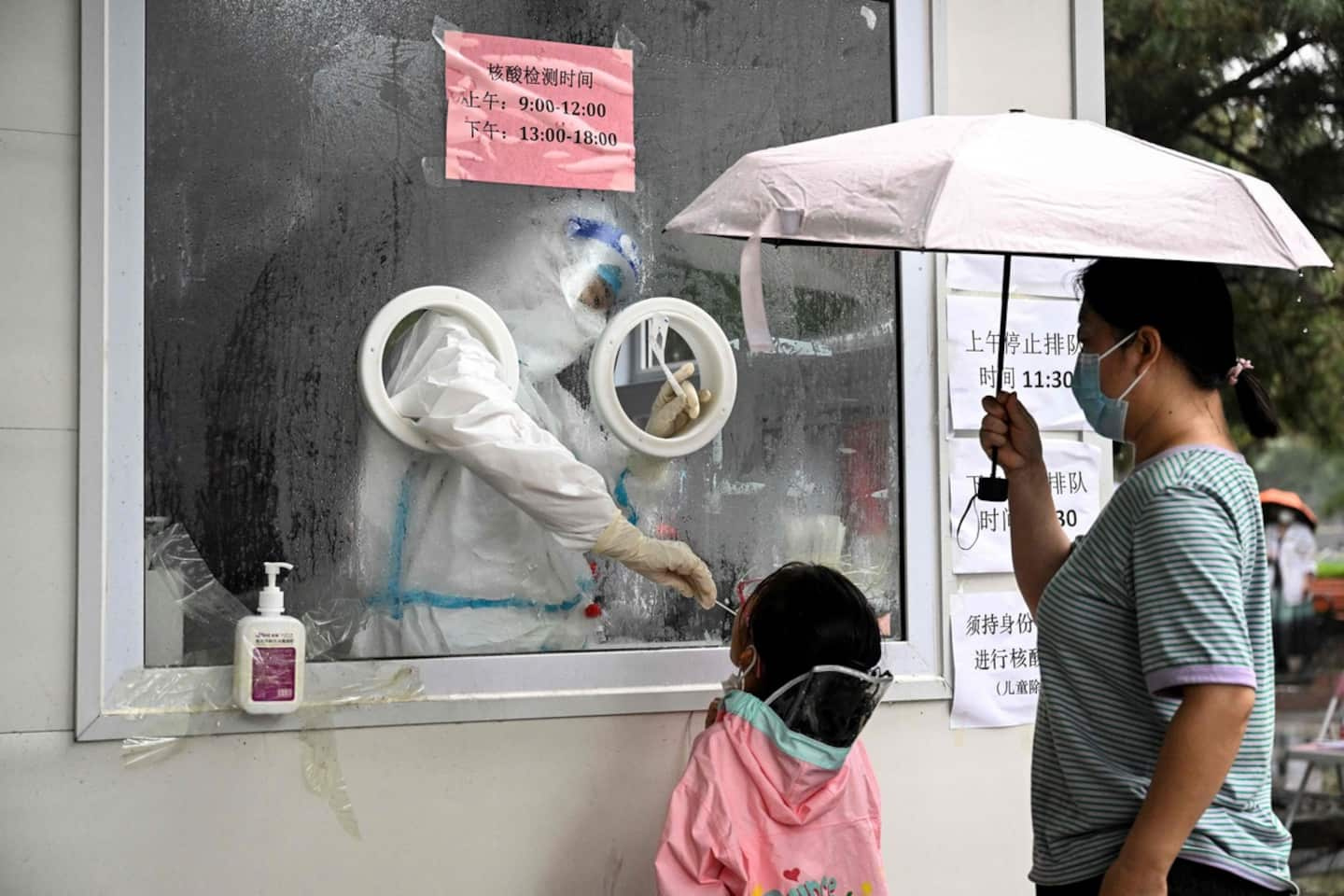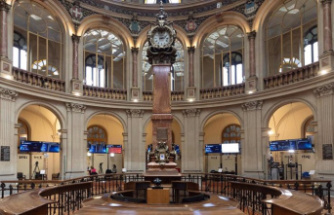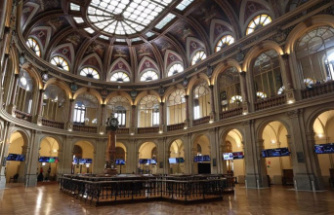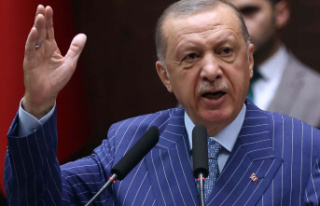BEIJING | Beijing on Tuesday halved the length of mandatory quarantine for travelers arriving in China, a major relaxation of entry restrictions imposed by the country which has followed a strict so-called zero COVID policy since the start of the pandemic.
• Read also: A seventh wave of COVID-19 hits Europe
• Read also: Managing COVID-19: Canada has done better than the others, concludes a study
The first country affected by COVID-19, China closed its borders to foreign passport holders in March 2020 to guard against new infections, as the virus spread to the rest of the world.
To discourage the return of its nationals, Beijing imposed for more than two years a long and expensive quarantine in a hotel or a dedicated center. At the same time, China had sharply reduced the number of flights from abroad.
The country has since allowed a number of foreigners to trickle back into China, but still not tourists. And most of the returns currently concern Chinese nationals.
Under a new directive, quarantine on arrival in China is reduced to 10 days from 21 initially.
Passengers arriving in China will be required to stay at a hotel for seven days and then observe three days of home observation, the health ministry said on Tuesday.
Since April, a growing number of pilot cities, including Beijing in May, had already reduced the quarantine for arrivals from abroad to ten days.
The rare international flights, however, are frequently canceled because Beijing applies a “circuit breaker” system, which consists of suspending connections when a certain number of passengers test positive.
The new rules unveiled on Tuesday also apply to people designated as contact cases in China.
Relaxations
China is the last major economy to still stick to a so-called zero-COVID strategy aimed at eliminating all spread through massive testing, targeted lockdowns and lengthy quarantines.
At the beginning of June, Beijing somewhat relaxed visa restrictions for foreigners residing in China, as well as for their family members who wish to visit them.
On Friday, Chinese civil aviation said it was in discussion with a number of countries to gradually increase the number of flights to China.
In recent weeks, international students from several countries, including India and Pakistan, have been allowed to return to China for the first time since the pandemic.
However, most analysts believe that the recovery in tourism is still a long way off.
At the end of the year is to be held the 20th Congress of the Chinese Communist Party (CCP), during which President Xi Jinping should obtain a third term at the head of the regime.
As this event, considered sensitive for the authorities, approaches, the authorities want to avoid any epidemic outbreak.
China has also severely restricted the departures abroad of its nationals. Since the end of 2021, Chinese people can no longer make “non-urgent and unnecessary” trips and most passport renewals have been suspended.
As voices pleaded in recent months for an easing of health restrictions, President Xi Jinping called in May to continue the zero COVID policy and “resolutely fight” anything that “questions” this strategy.













